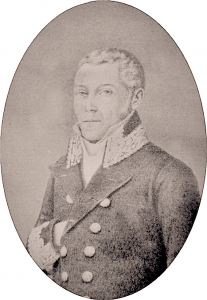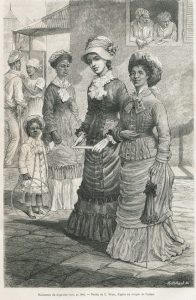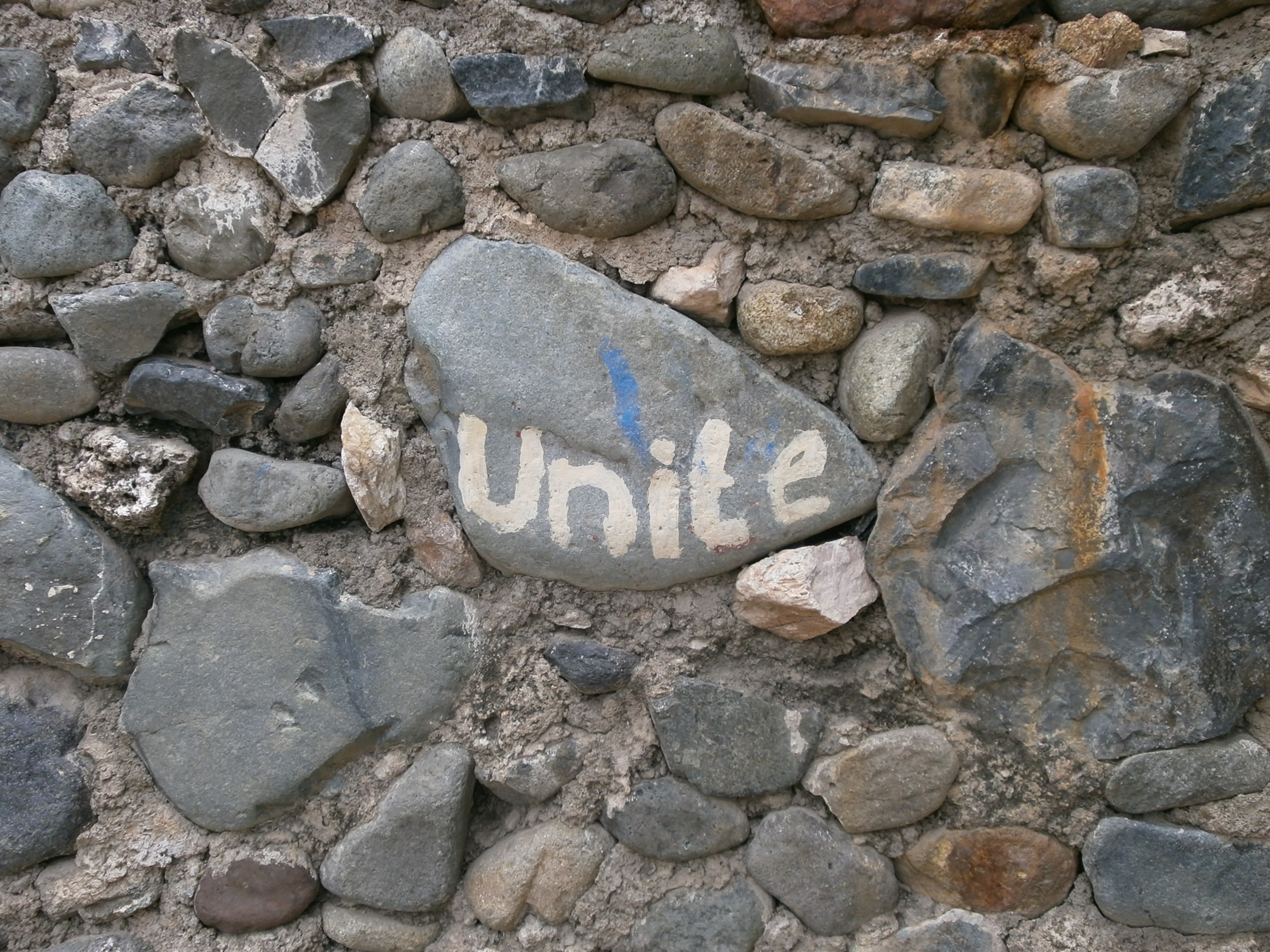Embark on a journey with a Haitian family, the Granvilles, to gain insights into patterns of mobility for the African diaspora in the nineteenth century.

Mapping the Haitian Diaspora
What does this family’s experience of migrating while Black tell us about the way people of African descent understood their place in the world in the 19th century?
Governments often withheld the right to travel from people of African descent. The journeys of the Granville family reveals the circuitous routes and support networks that made travel possible. In claiming the right to cross borders, travelers like the Granvilles challenged white authorities to reconsider the place of Afro-descendants in the Atlantic World.

Mapping the Haitian Diaspora is a strong reminder that Haiti was a popular destination in the nineteenth century. For people of African descent who faced discrimination and violence in other parts of the world, Haiti stood as a country of equality and opportunity.
Dynamic map retracing the journeys of the Granville family, 1780-1830s
This project expands on my article, “Going home: the back-to-Haiti movement in the early nineteenth century.”Atlantic Studies 16, no 2 (2019): 184-202 DOI.
A bit more context
Born in the French Caribbean colony of Saint-Domingue, Jonathas Granville went to school in Paris during the revolution. While he was there, Saint-Domingue gained its independence and became the country of Haiti. Jonathas’ mother and two sisters joined him in France. Jonathas served as a junior officer in Napoléon’s army across Europe. Like other Haitians exiled in France, the family decided to return to the country of their birth. Surrounded by a world ruled by racial discrimination and slavery, they devoted their lives to building the new nation of Haiti around the principles of education and equality. Jonathas traveled to the United States to encourage African Americans to move to Haiti.
